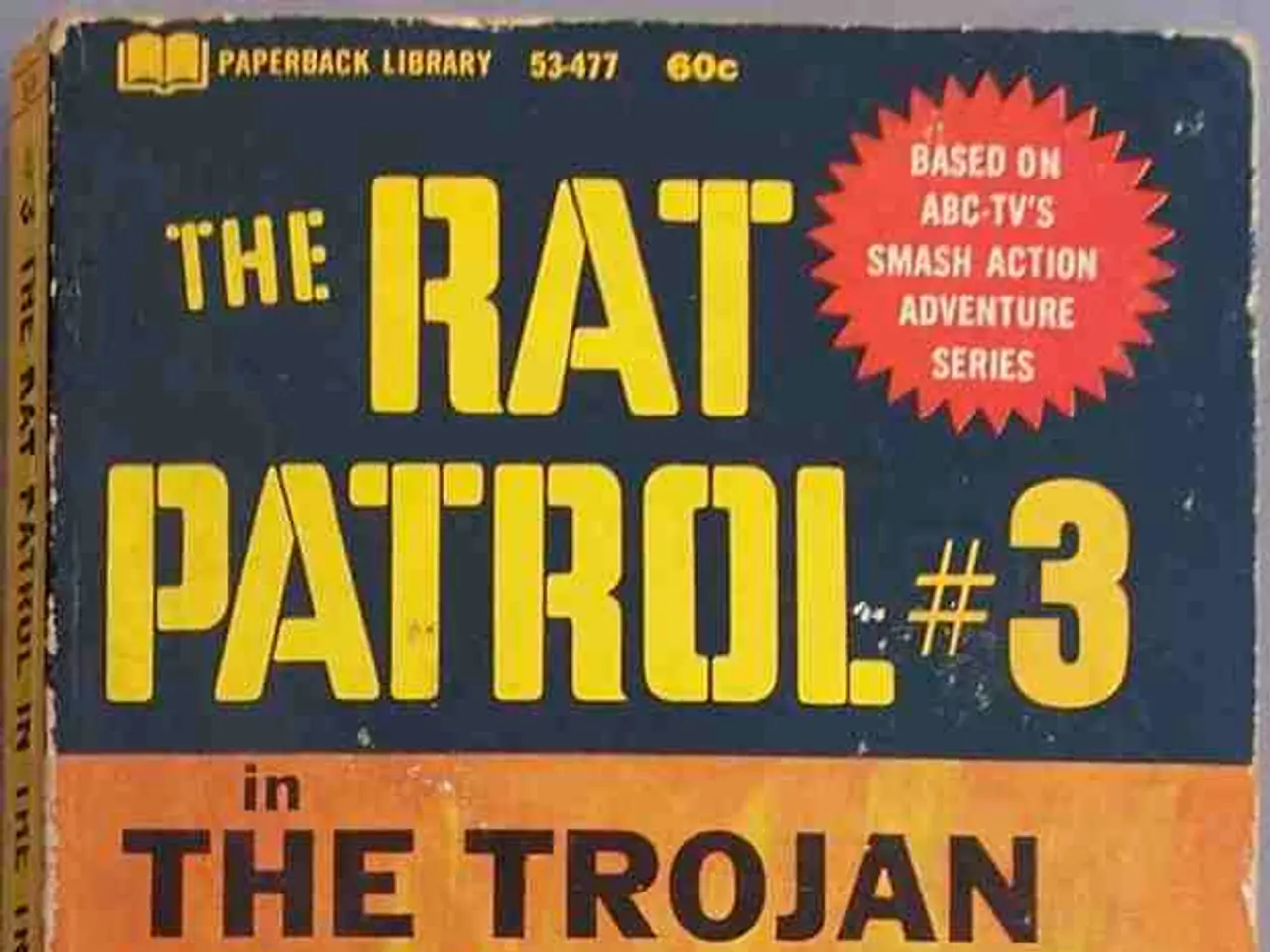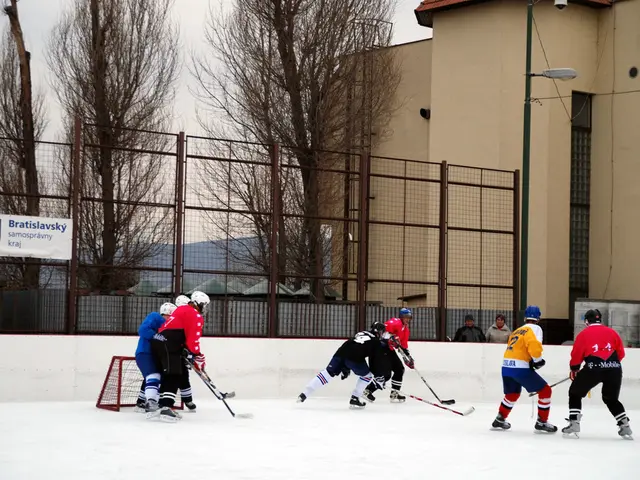Military general testifying in relation to Trump's L.A. military deployment denies knowledge of protests being referred to as a "rebellion"
In a three-day trial overseen by U.S. District Judge Charles Breyer, the legality of President Trump's deployment of approximately 4,000 California National Guard troops and 700 Marines to Los Angeles in June 2025 is being contested. The deployment, which was justified by the administration as an effort to protect federal property and law enforcement agents amid protests against Immigration and Customs Enforcement operations, has sparked a legal dispute over whether it violated the 1878 Posse Comitatus Act.
The Posse Comitatus Act generally prohibits the use of the U.S. military in domestic law enforcement roles, except under specific authorization. The key legal dispute revolves around whether the National Guard troops, who were serving under federal control during the deployment, engaged in impermissible domestic law enforcement activities, such as arresting civilians, which would violate the Act.
During the trial, Judge Breyer expressed concern about the indefinite extension of a "national police force" and questioned the justification for the continued troop presence. The Department of Justice argues that as the troops were serving a "purely protective function," this does not violate the Posse Comitatus Act. However, California contends that the scale and role of the deployment constituted an unprecedented military overreach and violation of the Act.
At its peak in June, nearly 5,000 service members were deployed to the Los Angeles area, with about 300 remaining under federal control as of Sunday night. The controversy revolves around President Trump's deployment of National Guard troops to respond to protests in Los Angeles. Military officials testified that their mission was to protect federal facilities and federal personnel, and "to support federal law enforcement."
The administration has justified the deployment using a law called Title 10 that allows the president to call up Guard forces during a "rebellion" or "invasion," or if he is unable "with the regular forces to execute the laws of the United States." However, the question at issue is whether the deployment violated the 19th century Posse Comitatus Act, which bars the military from enforcing domestic laws.
The trial in California Gov. Gavin Newsom's lawsuit against the Trump administration began on Monday. The federal government will call Maj. Gen. Scott Sherman back to the stand on Tuesday, and the court is set to hear several legal issues raised by the government, including that California lacks standing to sue. The ruling in this case is pending, with appeals expected.
As the trial unfolds, the deployment of National Guard forces in Washington, D.C., to assist with police, has gained new resonance. Unlike in California, the D.C. National Guard reports to the president. The legality under the Posse Comitatus Act remains disputed and unsettled in court, hinging on the specifics of the Guard's activities during the deployment and whether their actions constituted law enforcement or strictly protection of federal interests.
- The ongoing trial overseen by U.S. District Judge Charles Breyer is debating the legality of President Trump's deployment of National Guard troops and Marines, which occurred in June 2025 in Los Angeles.
- The dispute revolves around whether the deployment, justified as protection for federal property and law enforcement agents, violated the 1878 Posse Comitatus Act.
- California's main argument is that the scale and role of the deployment constituted an unprecedented military overreach and violation of the Posse Comitatus Act.
- The trial in California Gov. Gavin Newsom's lawsuit against the Trump administration is examining the legality of the National Guard's activities during the deployment, particularly whether they were engaged in impermissible domestic law enforcement activities.








